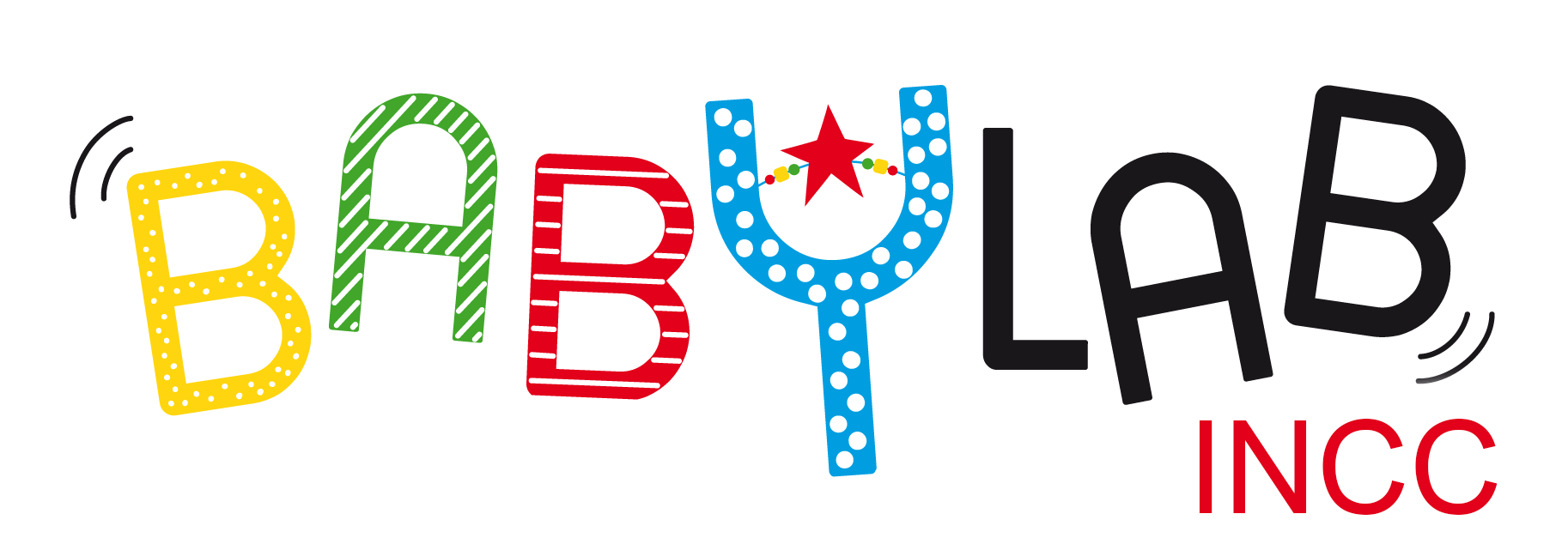Intuitive Foundations for Geometry: Euclidean geometry and beyond – Geometries
2018-2022
Children have intuitions about numbers from an early age; later, these intuitions guide their learning in classroom settings. However, very little research has sought to characterize children’s intuitive knowledge in another area of mathematics: geometry. In my previous research (Project MathConstruction), I approached this question by focusing on Euclidean geometry, using angles, a central Euclidean concept, as a diagnostic tool. This research revealed that angles as a geometric concept are not intuitive to infants or children. Furthermore, while older children acquire the ability to represent angles, some errors persist into adulthood. The Geometry project continues the exploration of geometry’s cognitive foundations by developing four areas of research. First, we will try to characterize the mechanisms involved in the perception of angles, in adults and in children. A greater understanding of these mechanisms will allow us to better target the origins of certain difficulties we observed in children. Secondly, we will study the perception of geometric properties from a broader perspective, examining different levels of invariance beyond Euclidean geometry. If angles and Euclidean geometry are not intuitive, is there a more “natural” geometry? Thirdly, we will study young children’s geometric reasoning skills. The fourth and last objective of the project focuses on conceptual learning in mathematics, beyond spontaneous intuitions. Using spherical geometry, an example of counter-intuitive geometry, we aim to determine if learning a new concept uses incubation processes inaccessible to conscious introspection.


